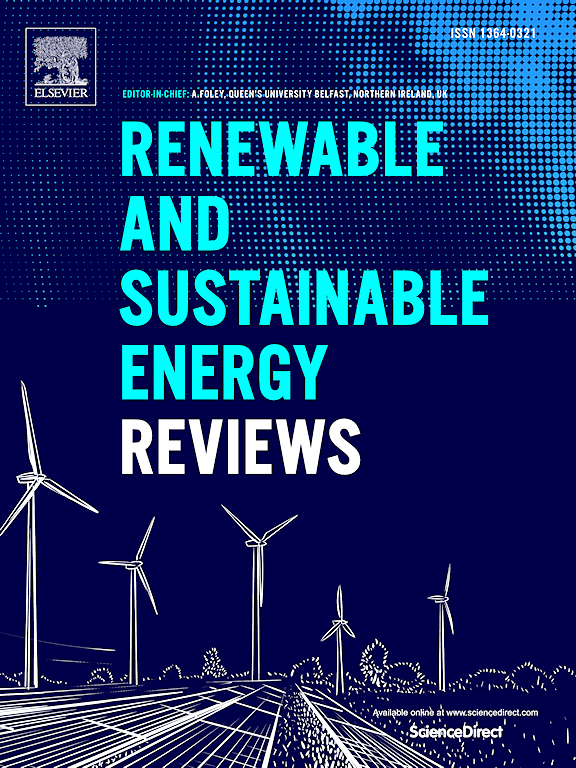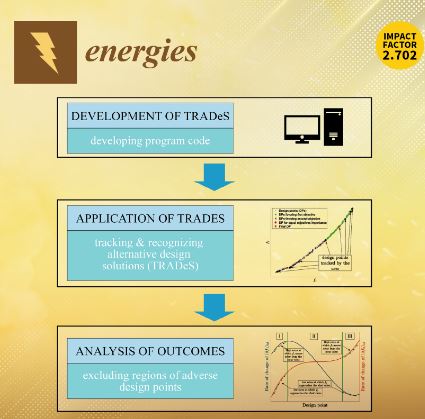Knowledge Hub

Design of Hybrid Storage System for Electric Vehicle
2016
Author(s): Upadhyay Chetankumar D
Charge management in the battery is performed very effectively by the supercapacitor configuration. In the reference of battery life enhancement, the supercapacitor is most effective device.
Efficiency of Light Electric Vehicles in Last Mile Deliveries – Szczecin Case Study
2021
Author(s): Iwan S, Nürnberg M, Jedliński M, Kijewska K
This paper presents the results of the research study aimed at verifying electric vans energy efficiency in real-life conditions, i.e. when delivering courier consignments.

Electric Vehicles: To What Extent Are Environmentally Friendly and Cost Effective? – Comparative Study by European Countries
2021
Author(s): Costa CM, Barbosa JC, Castro H, Gonçalves R, Lanceros-Méndez S
This work presents a comparative study between battery electric vehicles (BEVs) and internal combustion engine vehicles (ICEVs) from different European countries, focusing on two relevant issues: economic viability and ecological impact.
Residential Charging Scheduling of Electric Vehicles in Brazilian Context
2021
Author(s): Sausen JP, Da Rosa Abaide A
This paper presents a methodology to schedule the charging of Electric Vehicles (EVs) to maintain the loading of distribution transformer under the nameplate load while reducing charging costs.
Success Factors for Electric Carsharing
2021
Author(s): Nicholas M, Bernard MR
The study finds that electric carsharing programs can reduce greenhouse gas emissions from daily travel by up to 43% per user compared to previous travel modes.
The performance of an electric vehicle (EV) is mainly dependent on a battery and its materials composition. Battery selection is based on performance characteristics, such as energy and power density, life cycle, safety, charging/discharging rate, cost, etc.
Environmental Implications of the Ongoing Electrification of the UK Light Duty Vehicle Fleet
2021
Author(s): Raugei M, Kamran M, Hutchinson A
The paper presents a holistic perspective life cycle assessment of these two interrelated transitions' environmental implications while also considering an alternative scenario characterized by a gradual shift from traditional private vehicle ownership to shared mobility schemes.

Optimal Sizing of Electric Vehicle Charging Stations Considering Urban Traffic Flow for Smart Cities
2021
Author(s): Campaña M, Inga E, Cárdenas J
The study developed in this article has a high potential for the development of service providers for the creation of charging infrastructures, and the analysis is based on the study of georeferenced traffic in terms of trajectories, looking at the features of the road network to decide the input variables for the linear optimization model.
Are Shared Electric Scooters Competing with Buses? A Case Study in Indianapolis
2021
Author(s): Luo H, Zhang Z, Gkritza K, Cai H
This study proposes a modeling framework to identify the potential impacts of e-scooter trips on the existing bus system, considering the spatiotemporal availability of bus service.
Assam Electric Vehicle Policy 2021
2021
Publisher/Organisation: Government of Assam
The state government of Assam notified the Electric Vehicle (EV) Policy of Assam, 2021, which will be in effect over a five-year period until 2026. During this period, the policy aims to achieve 25 percent penetration of EVs in the total number of vehicle registrations.



